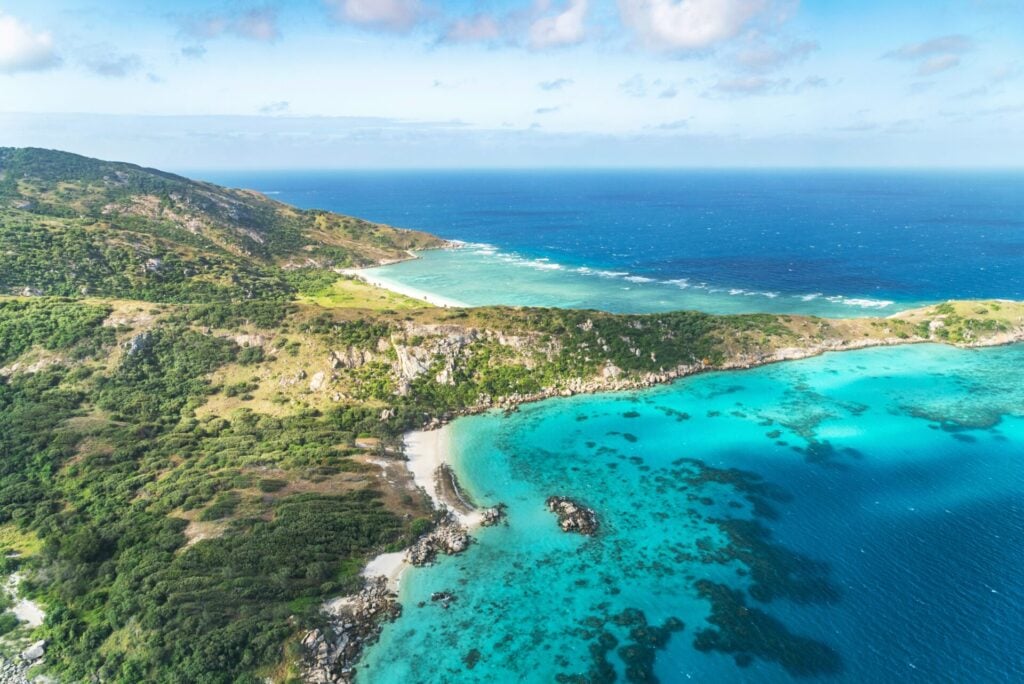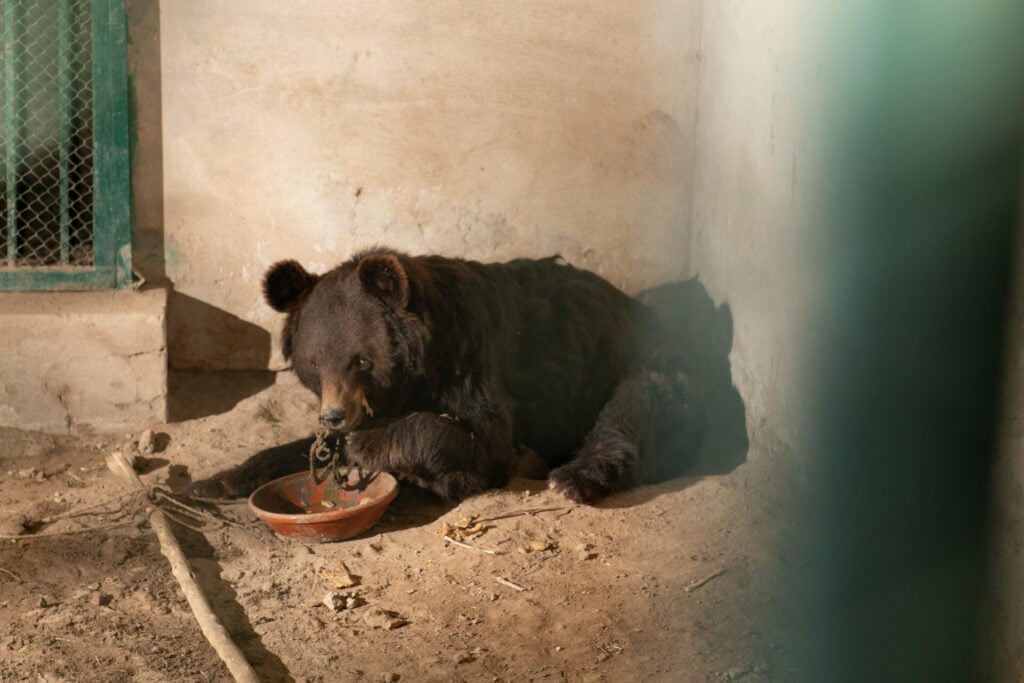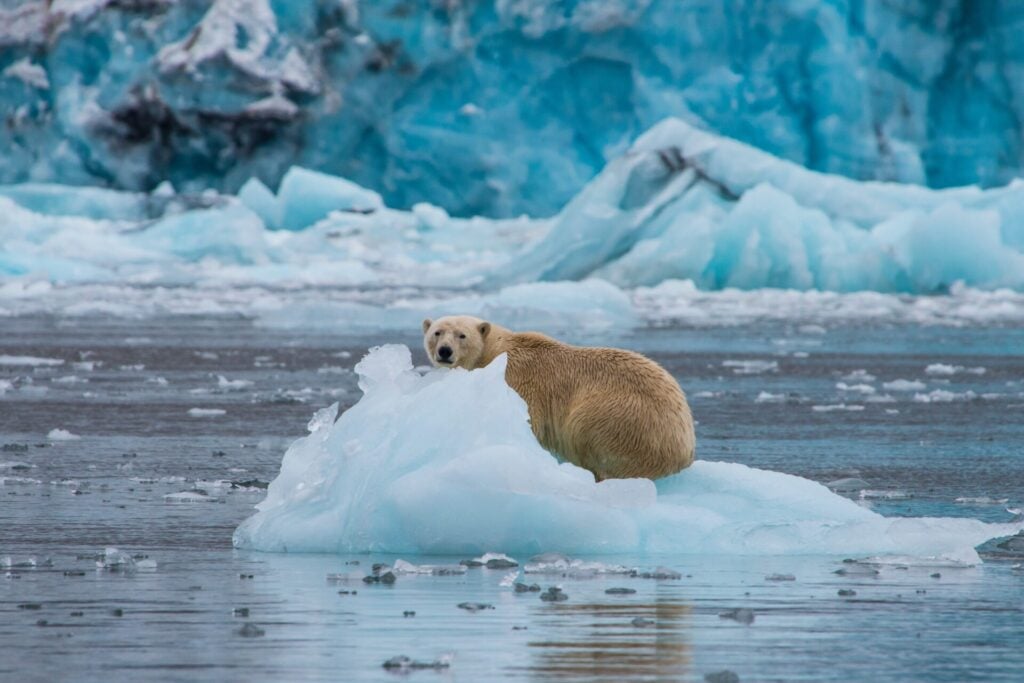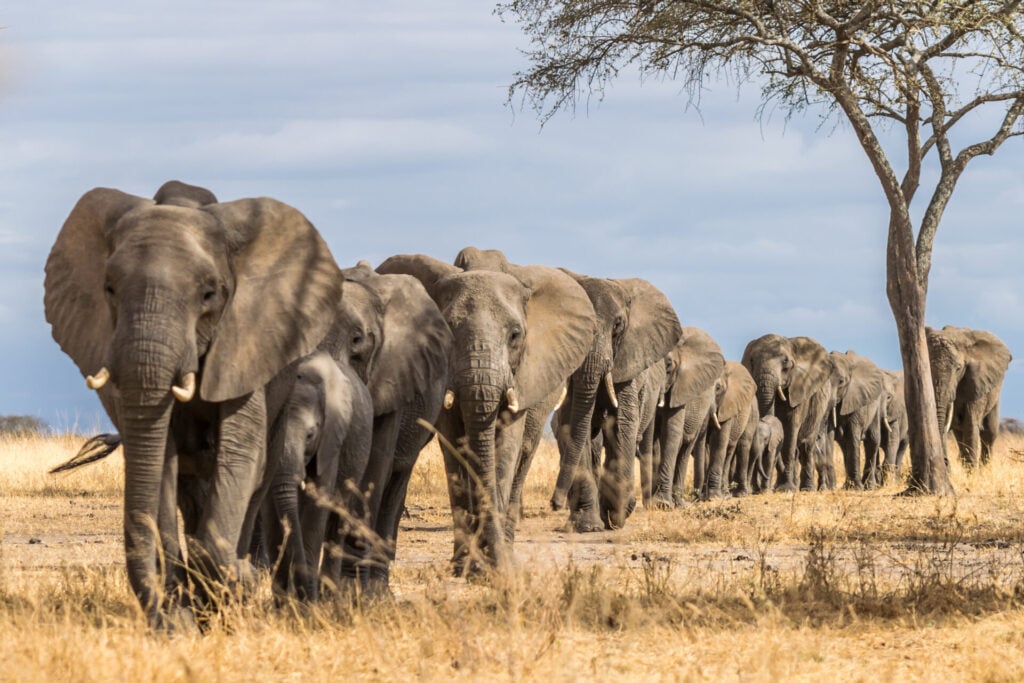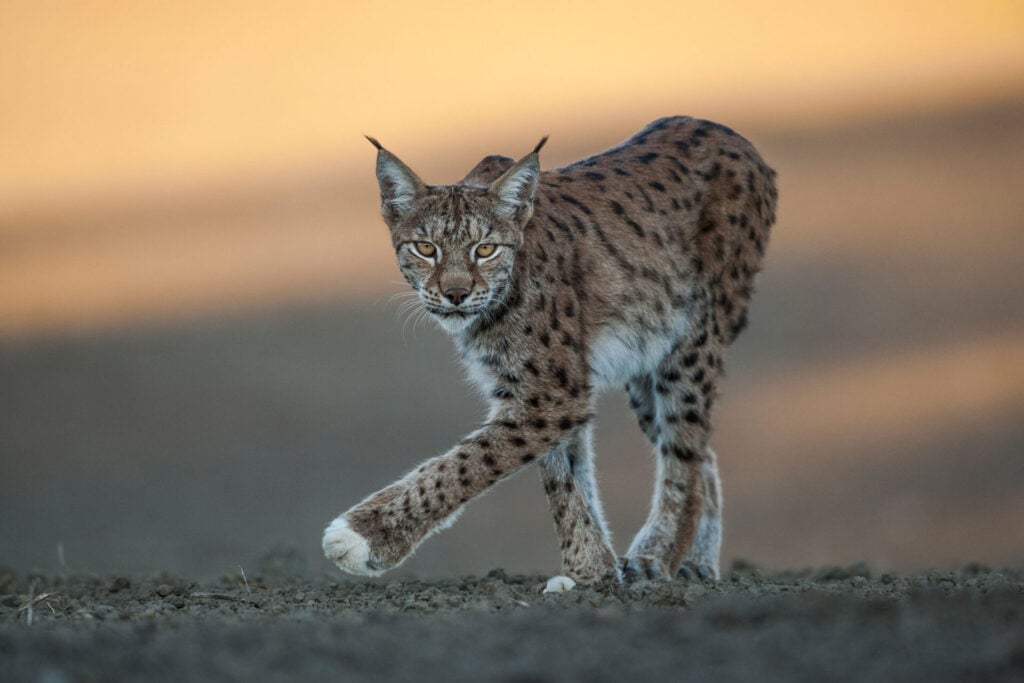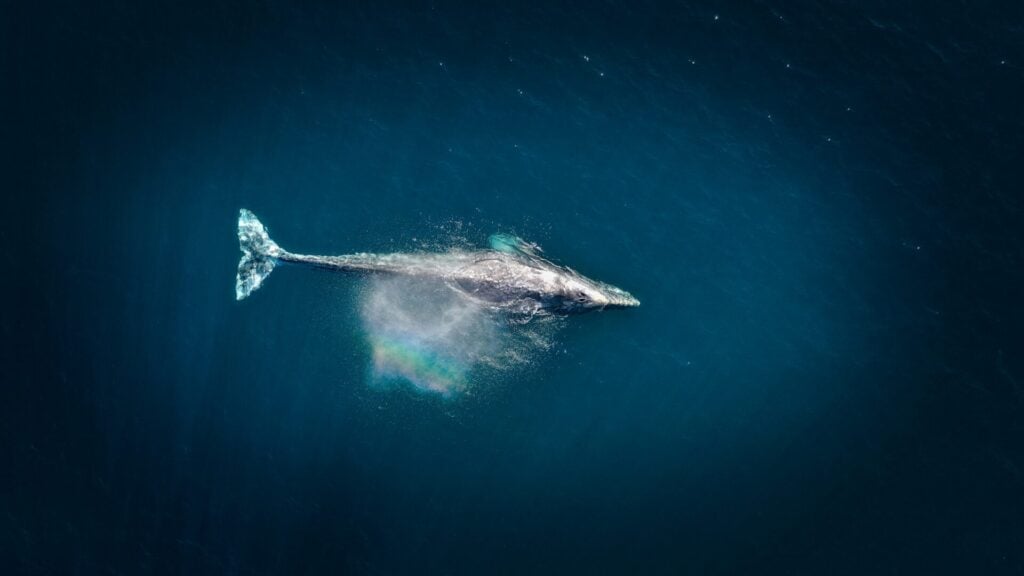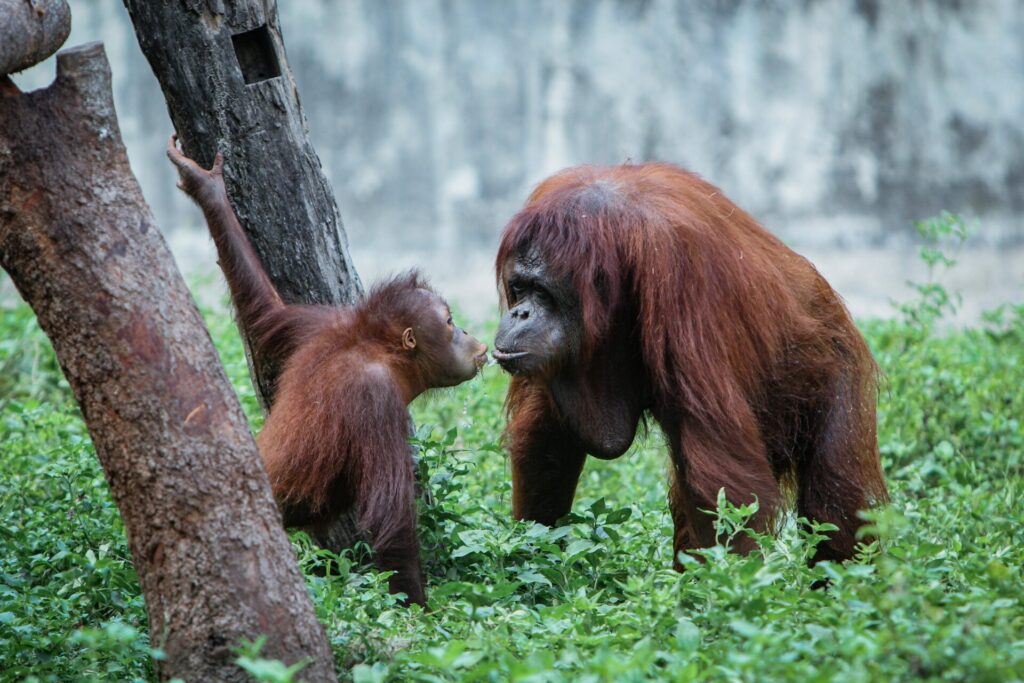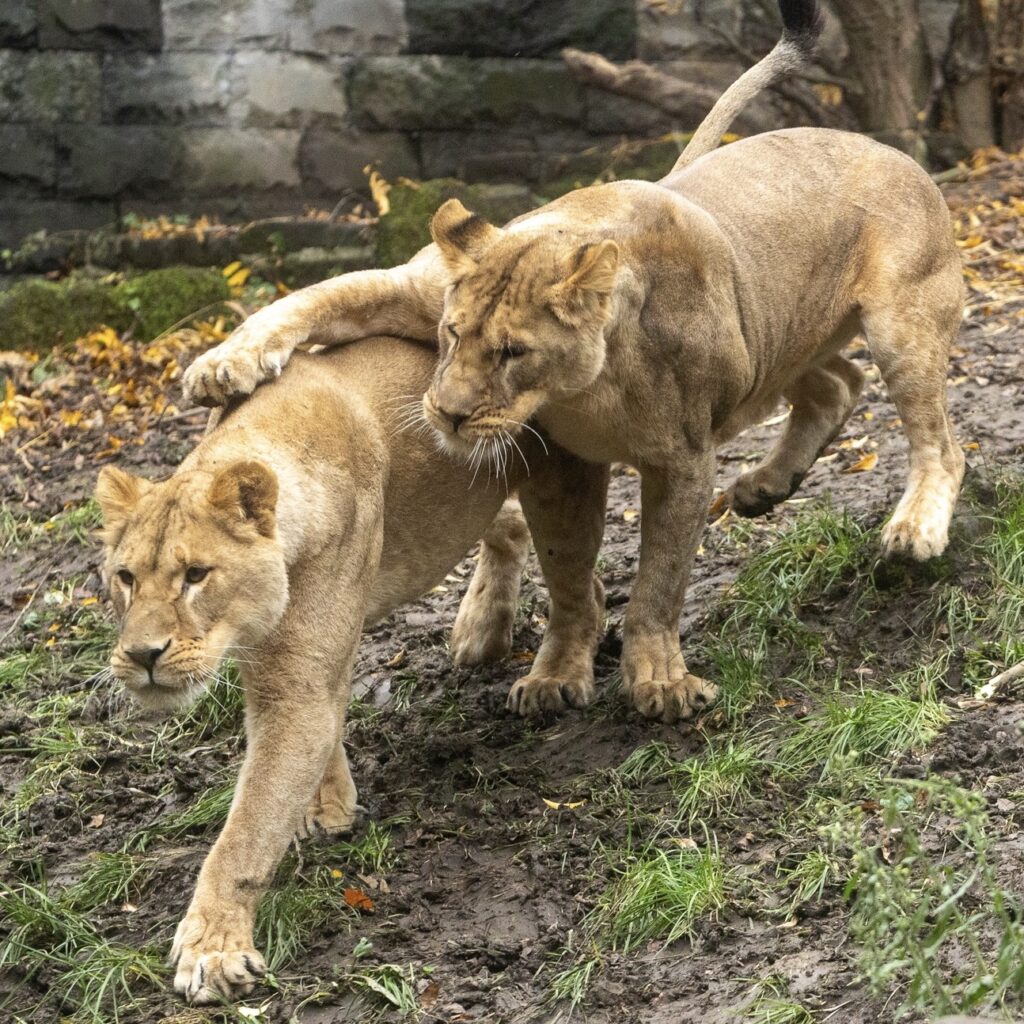Natural World
Natural World the latest news on the climate crisis, wildlife conservation, biodiversity and animal welfare
Two World Heritage-Listed Reefs Bleach in Unison for First Time Ever
Australia’s two world heritage-listed coral reefs, Ningaloo and the Great Barrier Reef, have been hit simultaneously by climate crisis-induced bleaching
FOUR PAWS Successfully Rescues Two Abused Bears in Pakistan
The rescue by FOUR PAWS, in collaboration with Pakistani authorities, is another step in the fight to end bear exploitation in the country
On Thin Ice: Can Polar Bears Survive the Climate Crisis?
With their hunting grounds shrinking and human-wildlife conflict on the rise, researchers are turning to a combination of cutting-edge tracking technology and centuries-old Indigenous knowledge to safeguard polar bears.
Move Over Mammoths—Meet the World’s First Woolly Mice!
Scientists have successfully engineered woolly mice with thick coats, bringing the dream of resurrecting the woolly mammoth one step closer to reality.
How Wildlife Corridors Are Saving Species Across the Globe
Fragmented habitats threaten the survival of wild animals in every corner of the planet but people and projects are reconnecting the natural world’s broken highways thanks to innovative wildlife corridors
Plans to Hunt 87 Lynx in Sweden Draws Criticism
87 lynx are set to be shot in the annual cull of this protected species
Rescuing Whales: Hope and Innovation in a Changing Ocean
How underwater microphones, weighted fishing lines and Antarctica-bound activists are coming to the rescue of the planet’s embattled whales.
7 Ethical Wildlife Sanctuaries to Visit (That Actually Help Animals)
From watching orphaned baby elephants at feeding time in Kenya, to seeing injured Koalas cared for in Australia, these sanctuaries are some of the most ethical in the world
Rescued Ukraine Lions Set for New Home in English Countryside
Five lions rescued from Ukraine are due to arrive at a specially-built new ‘forever home’ in Kent, England next month


